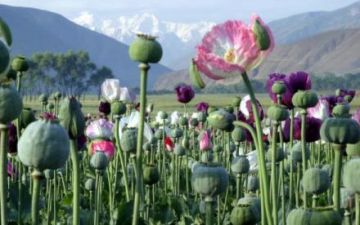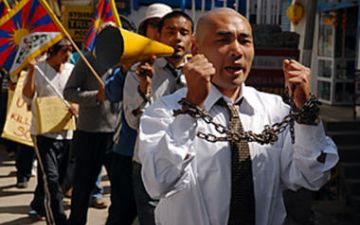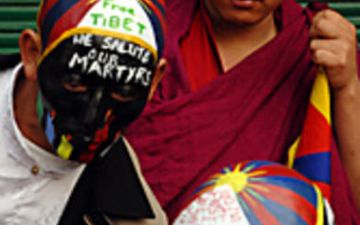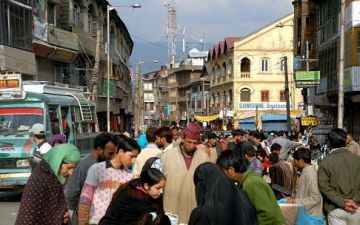The international economy, shaped by governments, businesses and other actors, touches the lives of everyone in the world. Pulitzer Center grantee stories tagged with “Economy” feature reporting that covers business, workers and the impact of global capitalism on people’s lives. Use the Pulitzer Center Lesson Builder to find and create lesson plans on the economy.








